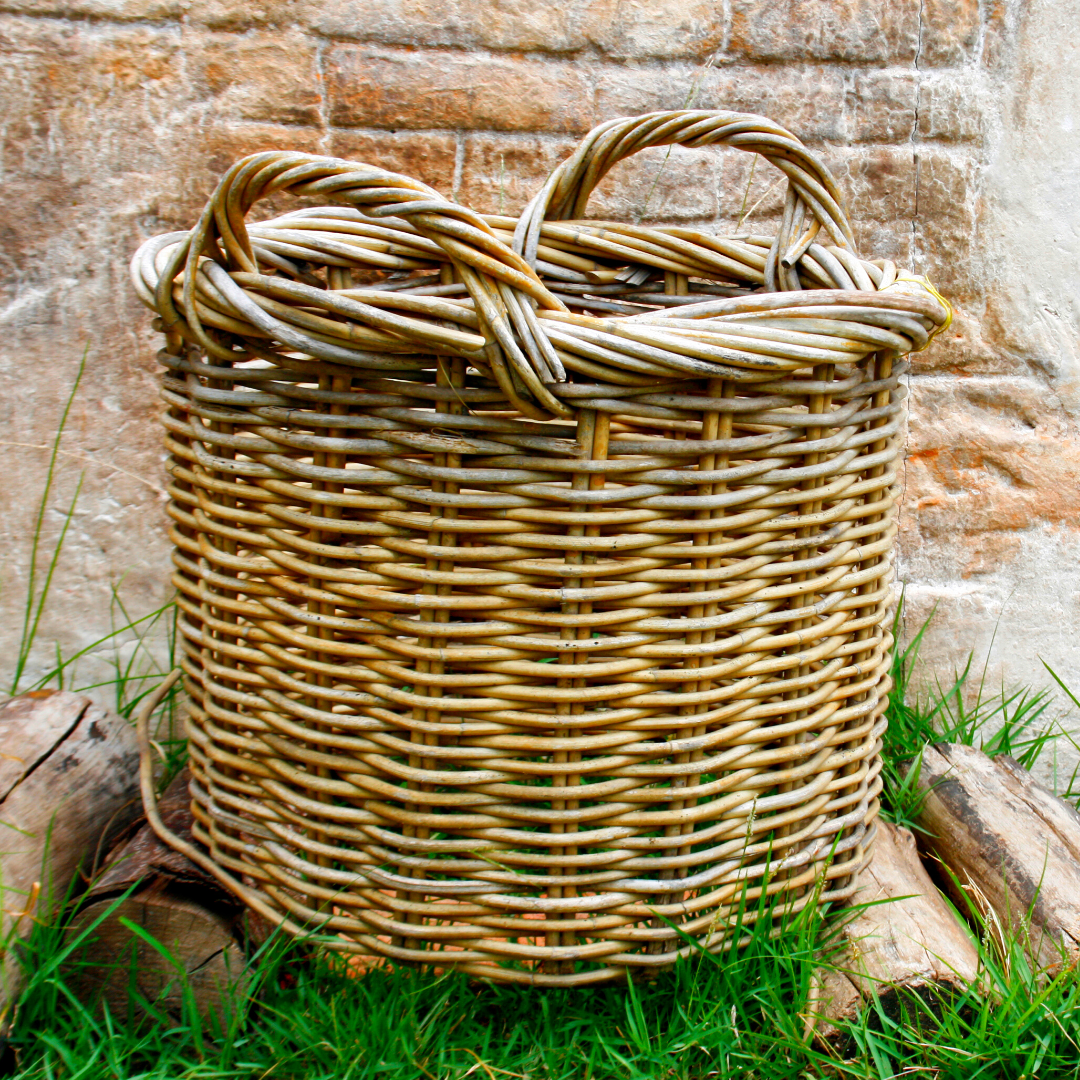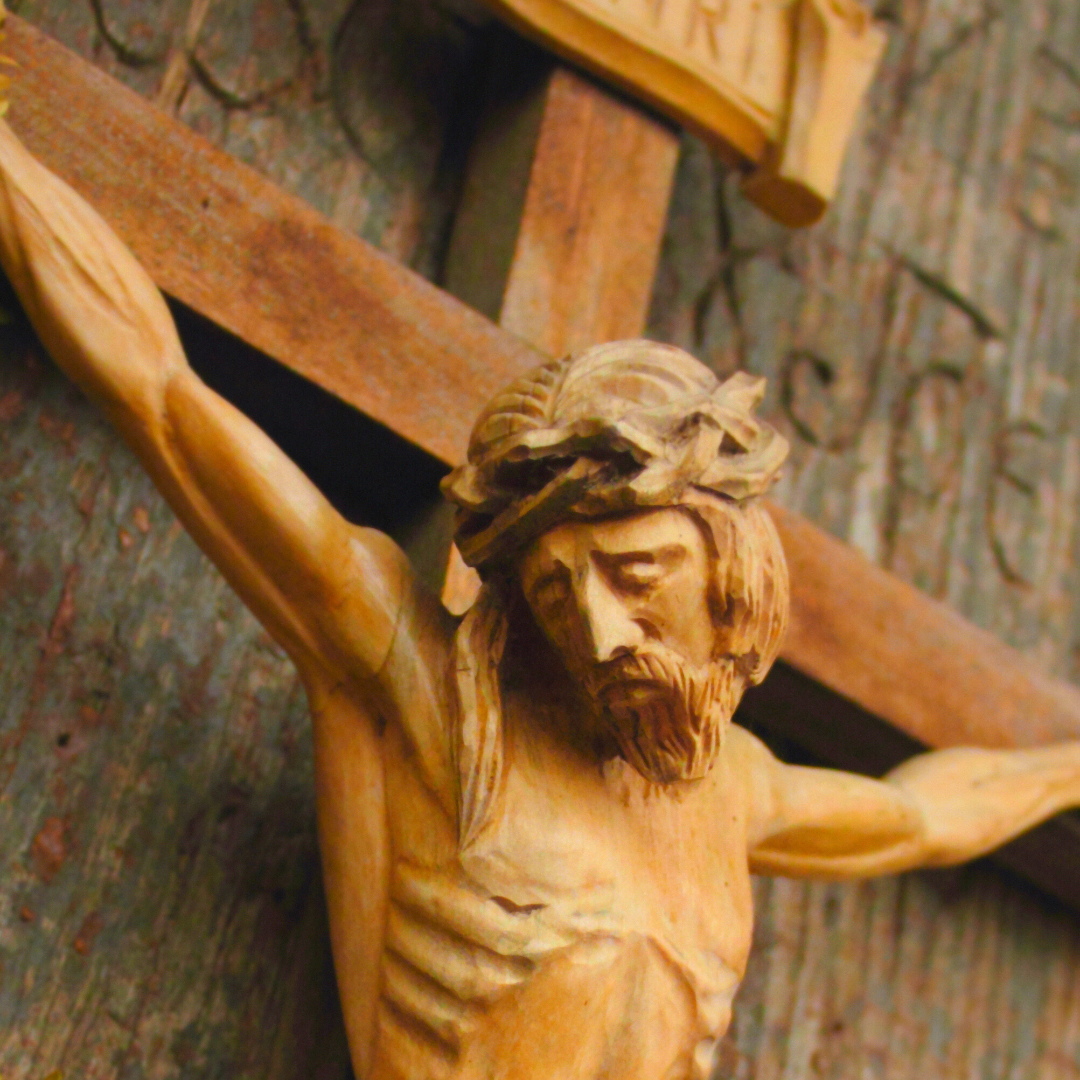
Mary Pedersen considers Jesus' example in facing difficult situations with grace and respect for the dignity of others.
In the exquisite novel, A Gentleman in Moscow, the gentleman, the Count, raised as a man of nobility, residing in palatial surroundings, finds himself thrust into a new circumstance. After the Bolshevik revolution, all goods are seized from him and he spends decades confined to the hotel, living in one small room. Instead of being served, he now serves others.
Through it all—the Russian revolution and communist rule—he refuses bitterness as he masters his own heart, words, and actions. Near the end of this poignant story, the Count gives parental advice, lessons learned over his lifetime.
If one does not master one’s circumstances, one was bound to be mastered by them… and the surest sign of wisdom is constant cheerfulness. (A Gentleman in Moscow, 419)
The Count mastered each circumstance with grace and treated each person with dignity—and always with a cheerful disposition.
Throughout the Gospels, the disciples refer to Jesus as “Master.” Jesus is called “Master” or “Lord” (both from the Greek word Kyrios) over seven hundred times. “Simon Peter answered him, ‘Master, to whom shall we go? You have the words of eternal life’” (John 6:68). And on the way to Jerusalem, securing a colt for His entrance into Jerusalem, Jesus advises the disciples to reply to questions with, “The Master has need of them” (Matthew 21:6). Jesus was Master over every encounter and every situation.
He was Master over stormy seas, empty baskets, blind eyes, broken hearts, and lifeless bodies. Jesus, the Master, calmed, filled, healed, loved, and raised to new life!

Jesus was Master even over His own death. With complete freedom, Jesus surrendered to the crowd, the cross, the tomb. There was not one action, not one word spoken—or not spoken—by Jesus that was not according to the will of the Father:
Though harshly treated, He submitted and did not open his mouth; Like a lamb led to slaughter or a sheep silent before shearers, he did not open his mouth. (Isaiah 53:7)
Though being led like a lamb to slaughter, He was the Master of His circumstances.
He was bound by the will of His Father, not by circumstances: “My appointed time draws near” (Matthew 26: 18). “My Father, if it is possible, let this cup pass from me, yet, not as I will but as you will” (Matthew 26:39). “But all this has come to pass that the writings of the prophets may be fulfilled” (Matthew 26: 54). “Destroy this temple, and I will raise it again in three days” (John 2:19).
Jesus was the Master of His circumstances—a man of complete freedom.

With the power of the Spirit, we are called to freedom in Christ by mastering our circumstances. The man wracked by a debilitating disease, who submits without anger to being cleaned and clothed daily, has mastered his circumstances. The woman who undergoes breast cancer surgery, and then uses her gifts to raise funds for cancer research, has mastered her circumstances. The parents with a child with special needs, who love fiercely by advocating for their little girl or boy, have mastered their circumstances.
And the proof of mastering our circumstances will be a cheerfulness in the face of difficulties, the result of knowing “God works all things [all circumstances] for good for those who love God, who are called according to His purpose” (Romans 8:28). With Jesus as our Master, we can face all challenges, disagreements, failures, sicknesses and confinement with faith, patience, respect, and even joy.
Like the Count, who remained cheerful throughout his life, we are to master our circumstances and show grace to all. This can be done only through a submission to the Father. “Your kingdom come, your will be done” (Matthew 6:10). “Not my will, but yours” (Luke 22:42). “Into your hands, I commend my spirit” (Luke 23:27).

Copyright 2023 Mary Pedersen
Images: Canva
About the Author

Mary Pedersen
Mary Pedersen serves as "first preacher" to six and grand-preacher to ten! She holds a doctorate in preaching from the Aquinas Institute of Theology, with her thesis, "Parents as First Preachers: Naming Grace in the Domestic Church." She writes and speaks on topics of faith and family, and has been known on probably far too many occasions, to shout out a woo-hoo! Mary blogs at MaryPedersen.com.


.png?width=1806&height=731&name=CatholicMom_hcfm_logo1_pos_871c_2728c%20(002).png)
Comments